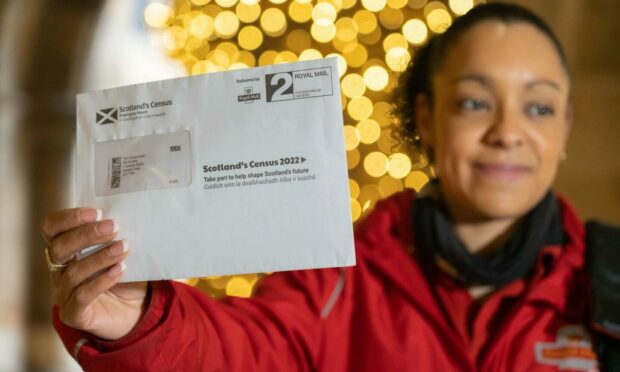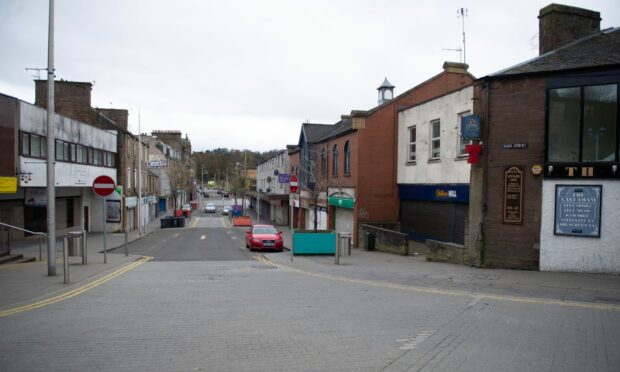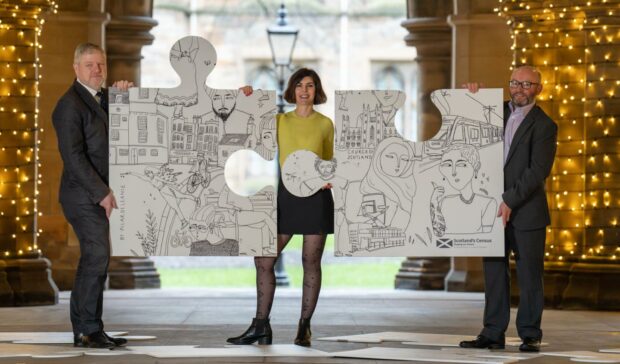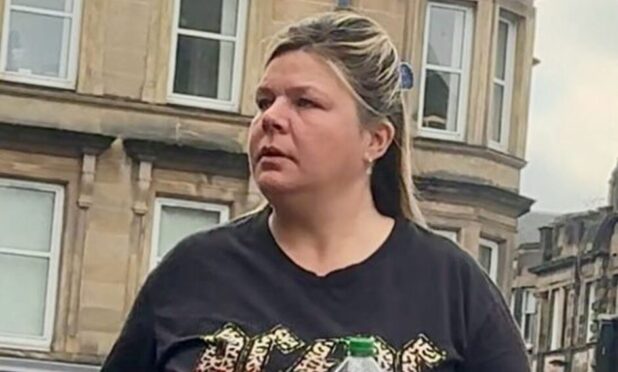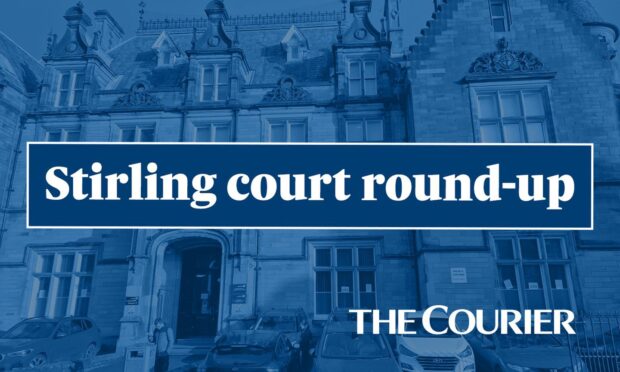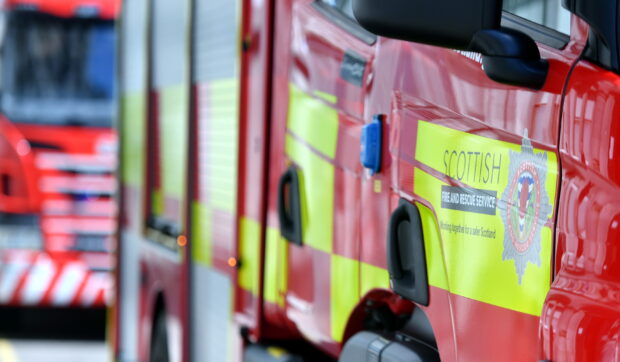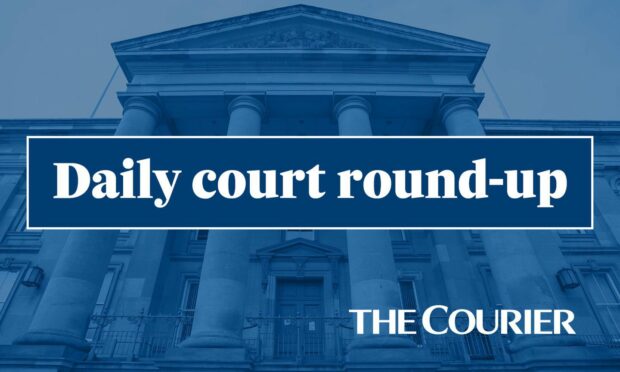Households across Scotland have begun receiving letters asking them to take part in Scotland’s 2022 census.
The nationwide survey is being sent to 2.5 million homes to gather information on some 5.5 million inhabitants.
The census was held in the rest of the UK last year, however it was delayed in Scotland after parliament was suspended due to the Covid-19 pandemic.
Here, we answer some key questions about the survey.
What is a census?
Scotland’s census is described “the official count of every person and household in the country”.
It collects information about where you stay and the people who stay there.
A census is held every 10 years in the UK.
What kind of things will I be asked?
Two types of questions will be asked of participants – household and individual.
The former will look at who lives in a household and whether people rent or own their homes.
There will also be questions focusing on types of heating and vehicles owned, as well as living arrangements.
The questions focusing on individuals will include date of birth, employment, health, gender and education.
How will my answers be used?
While many of the census questions request information that may be seen as personal or private, the Scottish Government says the data submitted will only be shared with other public bodies.
Information will not be shared with organisations in positions to make decisions about people’s lives, like the Department for Work and Pensions or Social Security Scotland.
Instead, the information will give the government a snapshot of modern-day Scotland, including the health of the population, where people live and what types of jobs are most common.
The data could also be used to decide how public funds are used.
In the past, census data has been used to work out where certain issues are more prominent – allowing the government to provide support in those areas.
From example, information provided in the 2011 census helped Dundee Health and Social Care Partnership identify Lochee as an area of concern for mental health.
Rose Sinclair, a support and protection officer for the council, said: “The census has told us that the Lochee area of the city has one of the highest rates of people with mental health conditions.
“We can compare this with other census information for the area, such as age and employment, to build a detailed picture.
“Using all of this information, we have been able to make early intervention and prevention a priority in this community.”
How can I submit my response?
Scots who have already received a census letter can submit their answers now, but they must reflect what your circumstances will be on March 20 – dubbed “census day”.
For example, if somebody is moving into a household within the next month, they must include that on their return.
Information can either be submitted by post or via the Scottish census website.
What if I don’t submit my response?
The government says taking part in the census is a legal responsibility – meaning that those who fail to respond could be prosecuted.
Anyone who does not submit their census on time will be contacted by a compliance officer and encouraged to respond.
It’s essential we maximise participation and ensure that everyone is heard and their needs captured
Angus Robertson MSP
Those who fail to submit census data after they are contacted could end up with a criminal record and a fine of up to £1,000, plus court costs.
In 2012, more than 150 people were taken to court over incomplete census responses – with 120 being found guilty.
Some people can request help to complete their forms.
Angus Robertson MSP, external affairs secretary at Holyrood, has stressed the importance of taking part.
He said: “The census helps the Scottish Government, local government and other service providers to plan services and make decisions about how public money will be spent on major services in our communities, including schools, roads and hospitals.
“It’s essential we maximise participation and ensure that everyone is heard and their needs captured.”
Last-minute controversy
Just days before the forms were sent out, a last-ditch effort to stop Scots from being able to self-identify their gender on the census was rejected.
Fair Play for Women lost its appeal against a decision by Lord Sandison, who ruled transgender people can give a different answer from the sex on their birth certificate without the need for a gender recognition certificate.
Census artwork touring Scotland
To coincide with the launch of the count, a large-scale artwork created by Edinburgh-based Spanish artist Pilar Garcia de Leaniz will tour the country ahead of March 20, with different communities able to add to the work.
The piece will visit Dundee on March 18 and Perth on March 19.
Its creator said: “It’s been a real honour to be a part of the project and have the chance to produce a piece that captures the essence of the census and the way in which it benefits communities across Scotland.”
